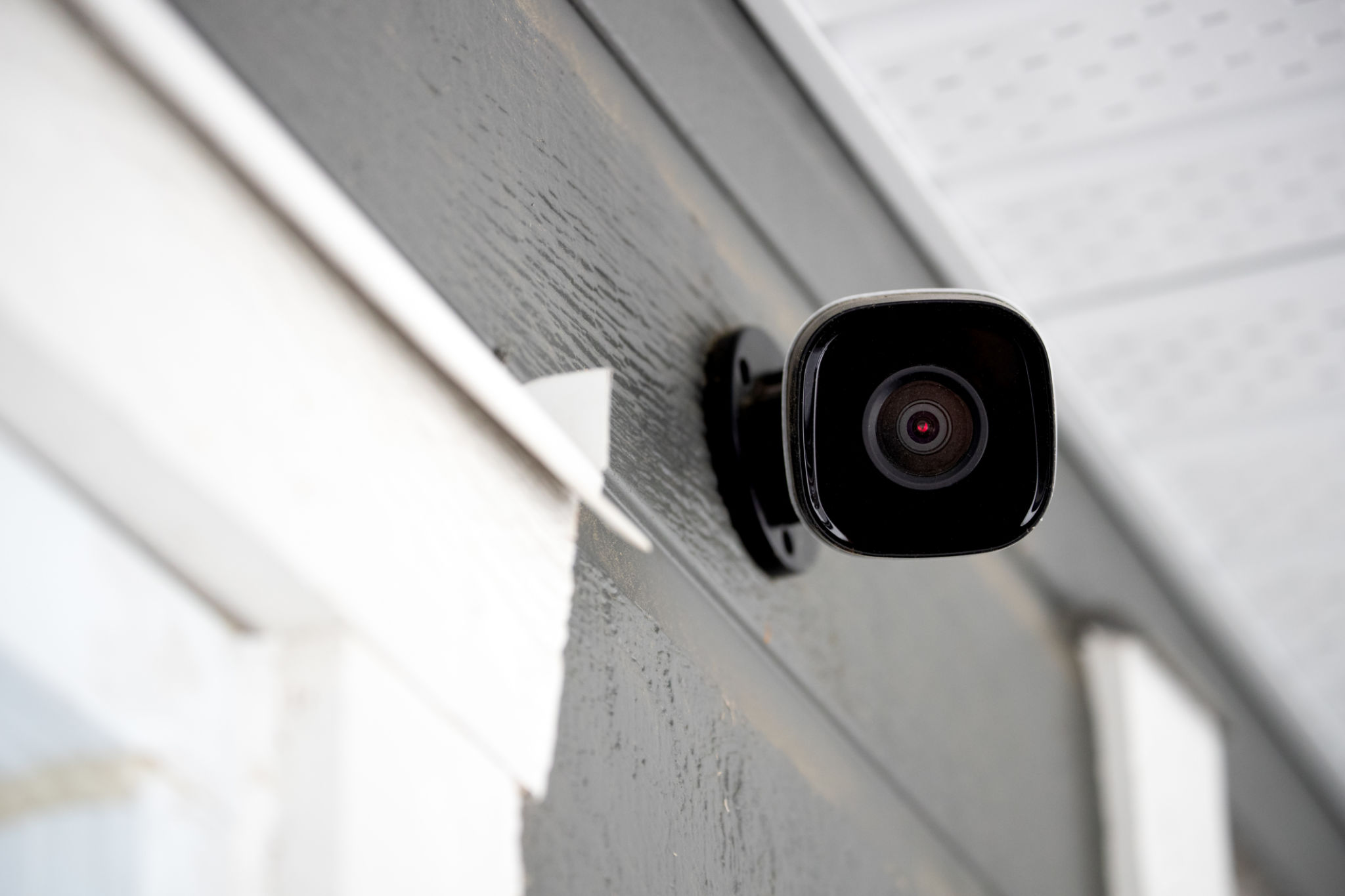Comparing Wired vs. Wireless Security Systems: Which is Right for You?
PT
Understanding Wired Security Systems
Wired security systems are often considered the traditional choice for home and business security. These systems rely on physical cables to connect the cameras, sensors, and control panel. The primary advantage of a wired system is reliability, as it is not prone to interference from other electronic devices or wireless signal disruptions.
Installation of a wired system can be more complex and time-consuming compared to wireless options. It often requires professional help, especially for large properties. However, once installed, these systems are known for their consistency in performance and lower maintenance needs. Additionally, wired systems do not rely on radio frequencies, which makes them less susceptible to hacking.

Exploring Wireless Security Systems
Wireless security systems offer a modern solution with flexibility and ease of installation. These systems use Wi-Fi or cellular connections to link components, making them ideal for renters or those who might relocate frequently. The absence of wires allows for a cleaner setup and less invasive installation.
A wireless system can be expanded easily by adding new devices, such as cameras or motion detectors, without needing to install additional cables. However, they may be affected by network interference and require a reliable internet connection to function optimally. An advantage is their integration with smart home devices, providing convenient remote access and control through smartphones or tablets.

Comparing Features and Performance
When choosing between wired and wireless security systems, consider several factors such as installation complexity, reliability, and scalability. Wired systems generally offer more consistent performance but lack the flexibility of wireless systems. Wireless systems provide advanced features like remote access but might suffer from connectivity issues.
Battery life is another consideration for wireless systems, as devices need regular charging or battery replacements. On the other hand, wired systems draw power directly from the main supply, eliminating the need for battery management. Evaluate the specific needs of your property to determine which system aligns best with your security goals.

Cost Considerations
The cost of wired versus wireless security systems can vary significantly. Wired systems often have higher upfront costs due to professional installation fees and the complexity of running cables. However, they tend to have lower ongoing costs due to minimal maintenance requirements.
Wireless systems might offer a lower initial cost, especially for DIY installations. However, they could incur additional expenses over time related to battery replacements and potential upgrades for enhanced connectivity or features. Decide which cost structure fits your budget while considering potential long-term investments.
Making Your Decision
Your choice between wired and wireless security systems should reflect your specific needs and lifestyle. If you prioritize reliability and have a permanent residence, a wired system might be the right choice. For those prioritizing flexibility and ease of installation, especially in rental properties, a wireless system can be more suitable.
Ultimately, both types offer robust security solutions tailored to different preferences. Assess your priorities, property requirements, and budget constraints to make an informed decision that provides peace of mind and optimal protection.

